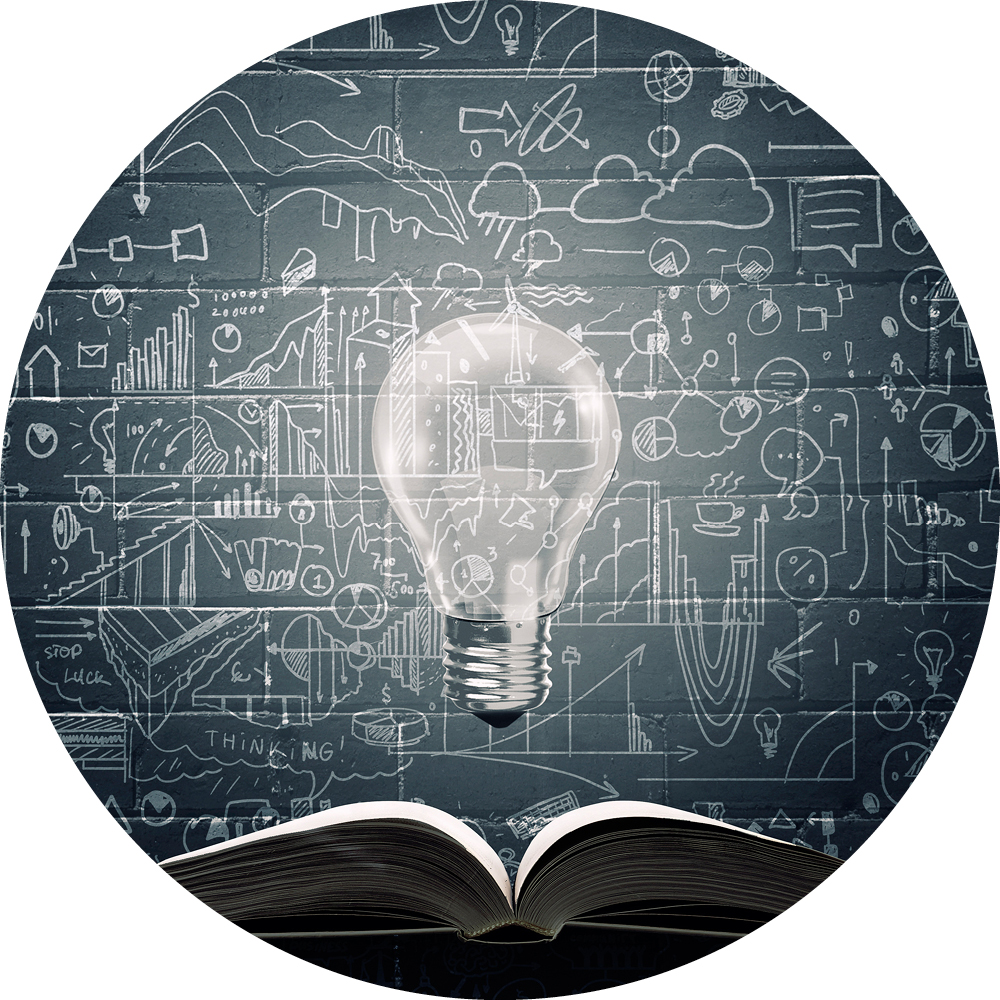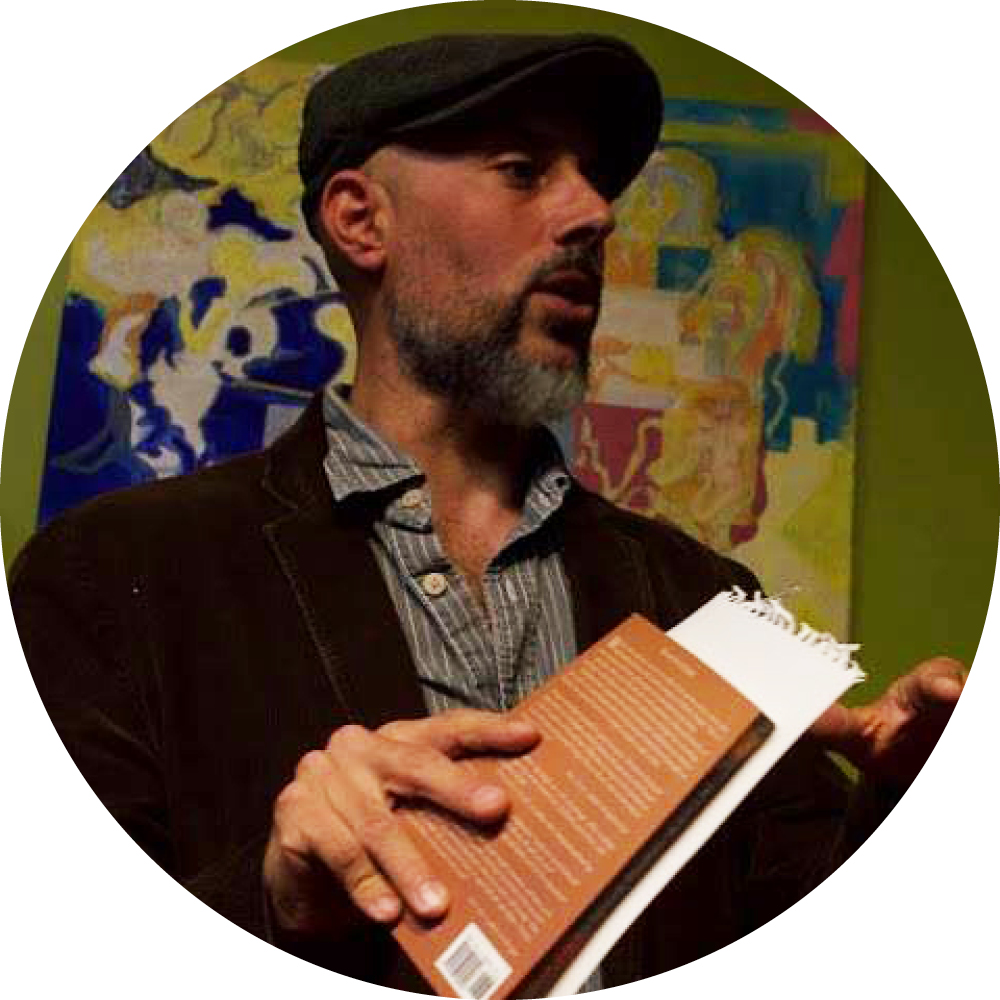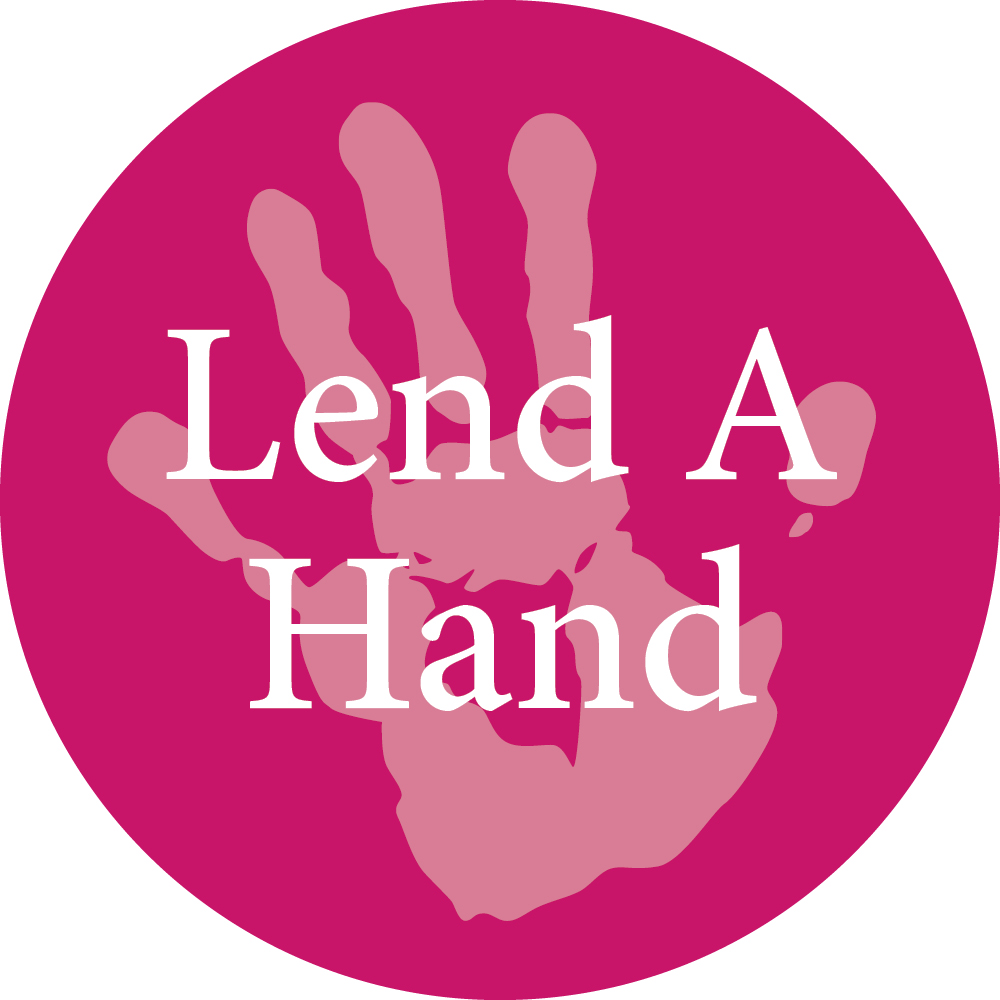What Education Is Not
By Maha Bali
It may be clear to most critical pedagogues and some educators, but not so much to policy makers, that education is not equivalent to learning. Learning, as Bonnie Stewart recently said, is an individual and personal process, fluid and ongoing, whereas education is systematic, based in institutions that hope to bring about learning, but do not necessarily succeed in doing so.
Educational systems differ in different countries and within the same country, and generalizations about education and learning are often unhelpful. For example, what is problematic at kindergarten may be different from high school, different from college and vocational education. The problems of public schooling differ by location/district within the same country, and they differ from those of various forms of private schooling. Government intervention and centralization differ by country, too. I only have experience researching higher education, but doing so gives insight into schooling as well.
For context, my personal experience of education as a learner includes British schooling (a private, Kuwait-based, imported educational approach taught by British/Australian teachers to a multinational student cohort); three years of Egyptian semi-private schooling based on a public school curriculum (my closest encounter with public schooling); and both American and British higher education. My undergraduate degree was from the American University in Cairo (AUC), a liberal arts institution. In my PhD thesis I discuss how AUC is a bicultural institution even though instruction is in English, liberal arts is an American approach, and the system is mostly American. Professors are mixed, with 30-40% American, majority Egyptian and some other nationals. My graduate degrees were both from the University of Sheffield in the UK. The Masters was entirely online. The PhD involved annual UK travel but most of the time I was doing my PhD I was living in different countries (Egypt, US, and UK but not in Sheffield itself).
I have only ever taught at American-style universities (not counting my online facilitation experiences).
I have lived most of my life in Kuwait and Egypt, so my British schooling and American undergraduate educational experience is with imported models, not ones based in their country of origin. And I recognize that public school in US/UK is different from what I have experienced.
Here are some ways in which education is different from learning:
Content-Outcomes vs Process. Educational curricula often center on pre-defined content and outcomes; learning occurs more often when teachers and learners choose their pathways flexibly during the process of their interactions in and out of class. Any content or outcomes chosen at a central level are value-laden and are likely to reproduce dominant paradigms. As such, any choice of these is likely to discriminate against minorities and particularly also persons with disabilities. Educational systems often emphasize learners crossing particular milestones at particular ages, not accounting for differences in learner needs and abilities. A teacher who has the freedom to flexibly negotiate the direction and speed of learning with students they know well, and work with parents and the community in and out of school may be able to help each child achieve their potential according to where they start from, rather than working towards some pre-defined outcome that does not account for each child’s beginning status.
Standardized vs Contextual. Much about education today is based not only on standardized content/outcomes but also standardized testing. Any standard set will be biased towards some constituency. Tests themselves are limited as assessments of learning because they are time-limited and have particular formats that some learners are better prepared for than others. Moreover, it is extremely difficult to set a test to examine important things like citizenship, critical thinking, creativity, and human empathy. It has been attempted, but we all know these are all more difficult to assess than the problem-solving and reading done in standardized tests. We also know that context matters in education. Understanding the learner’s individual context and larger sociocultural context can help us create learning environments more conducive to the learner’s success, based on what makes sense for them to achieve.
Extrinsic vs Intrinsic Motivation. Learning is intrinsically motivated. Education uses extrinsic motivators. Think about the person who needs glasses but does not know they need them. Put them far away from some small-print text and ask them to read it. They can’t. Telling them you will reward them with more money or higher grades won’t help them read better. But working with them to figure out why they cannot see and getting them glasses might help. If glasses are not affordable, maybe you need to allow them to sit closer so they can read. If the person has dyslexia or a more extreme visual disability, the support they need will be different. But in all these cases extrinsic motivation cannot help the person do better.
When a learner is able to do something, they may be motivated by extrinsic factors, but promoting their intrinsic motivation, understanding what makes them want to do it and trying to help them learn in ways that naturally motivate them will result in a lifelong learner who continues to use learning outside and beyond school, rather than only to pass an exam or get a certificate.
Sterile vs Authentic. Learning occurs naturally in a child’s authentic environment. Adults and children learn when immersed in authentic environments as they explore or attempt to do authentic tasks. They learn on their own or with some support from peers or mentors as they are challenged or motivated to do something and they clearly understand why they are doing it. Schooling often sterilizes learning into abstract processes disconnected from a learner’s life, making it difficult for them to transfer the learning beyond the classroom. For example, in some places, the study of medical basic sciences precedes the study of actual medical science on actual patients in hospitals by several years. It becomes a struggle to connect biochemistry and anatomy learned 2 years prior to learning about surgery.
Skills vs Literacies. Learning is about developing literacies, education is often about developing technical skills. If primary education focuses on helping students learn how to read letters and write them, rather than how to love reading and enjoy it all day long, then education has failed to promote learning. I would rather my child learn to love books and reading from age 6 months, then not learn to read until age 7…instead of learning to put letters next to each other by age 4 and never learn to love reading for its own sake.
Accountability vs Responsibility. Learning is about responsibility, education is often about accountability. Making someone accountable for something they have little control over, or are unable to perform, is not useful – it will not make them more able to do it. On the other hand, equipping them with all they need to perform it, then giving them responsibility to use their own judgment in order to do it? That might work.
Much of what I am describing as “education” is really the result of the educational systems of the industrial age, followed by the impact of neoliberal policies. I cannot say that all educational systems fail in these ways, or that all educational systems cannot combine both learning and education. I have just not seen it happen in my own experience or in the writings of other critical pedagogues and educators. Accreditation, grades, standards – all of these get in the way of teachers making the most of the potential learning for their students.
This is not a comprehensive list – but it’s a start. In what other ways do you see learning as different from education? In what ways can educational systems shift their focus to better promote learning?
Re-sources
Re-Imagining Education

Empowering educators to take a deeper look at the stories told in our schools and to re-imagine them in transformative and
nurturing learning spaces.
learn more
Learning Opportunities

Classes, workshops, and lectures that help to empower people to re-imagine who they are and their place in the world.
learn more
Books

Books written by
Re-imagining authors
learn more
Get Involved

Help the Chicago Wisdom Project realize its mission to re-imagine education through holistic programming that transforms individual, community and world through creative expression.
learn more